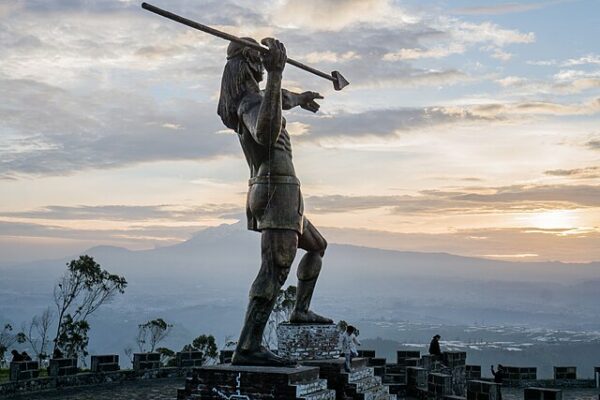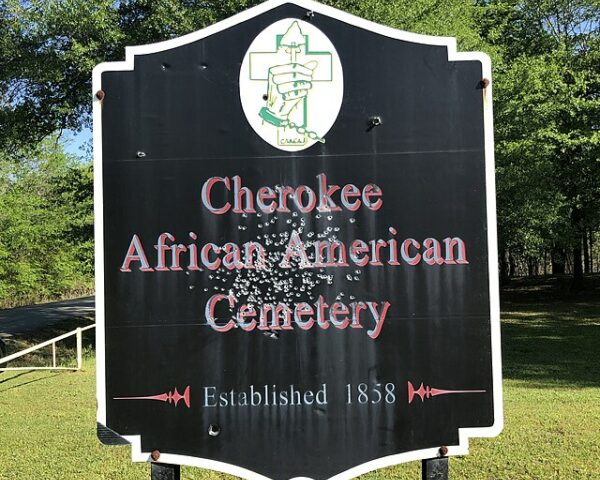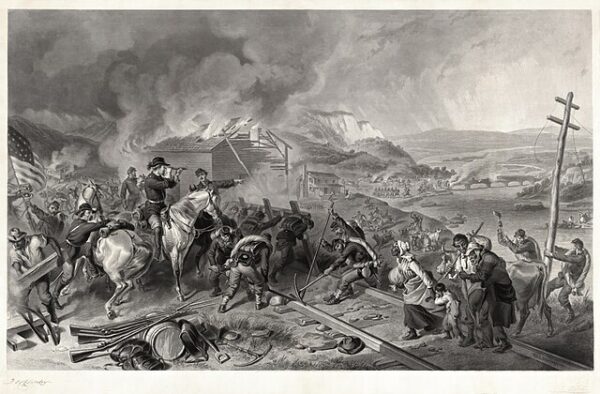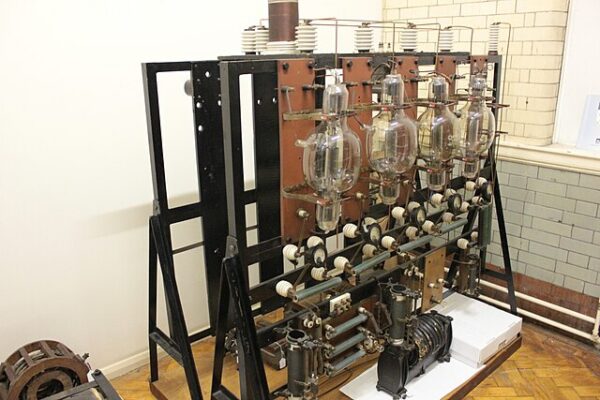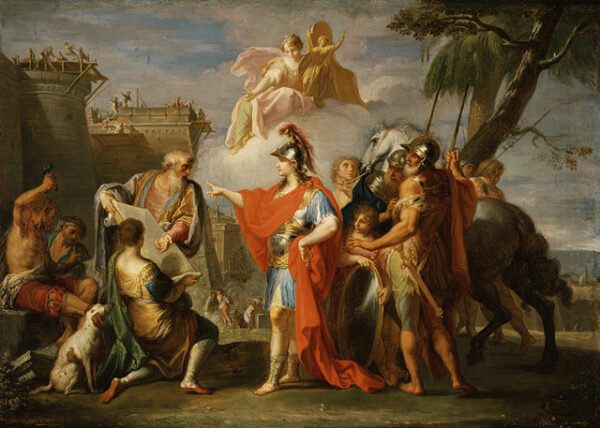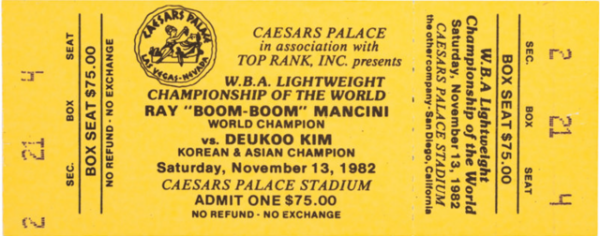The French Revolution’s descent into ideological fury was neither sudden nor unforeseeable; its logic of purification had been incubating for years. By the autumn of 1793, as the radical Jacobin government tightened its grip on the Republic, the revolutionary promise of liberty and citizenship…
Read MoreOn November 16, 1532, the Andean city of Cajamarca became the setting for one of history’s most dramatic and consequential encounters. A small band of Spanish conquistadors led by Francisco Pizarro captured the Inca Emperor Atahualpa, an event that marked the beginning of the…
Read MoreThe United Nations Educational, Scientific and Cultural Organization (UNESCO) was established on November 16, 1945. The aim of the new agency was to promote international collaboration in the fields of education, science, and culture. The hope for world leaders was that following the devastation…
Read MoreOn November 15, 1842, before dawn at Webbers Falls in the Cherokee Nation, a group of enslaved men, women, and children made a collective decision that would reverberate across Indian Territory. They locked their Cherokee owners in their homes, seized guns and ammunition, gathered…
Read MoreOn November 15, 1971, Intel Corporation released the 4004 microprocessor, marking a transformative moment in technology as the world’s first commercially available single-chip microprocessor. The Intel 4004 was a pioneering invention that condensed the functionality of an entire computing machine into a single integrated…
Read MoreSherman’s March to the Sea was a military campaign conducted by Union General William Tecumseh Sherman during the American Civil War. The campaign took place from November 15 to December 21, 1864, and it was a significant and controversial aspect of the Union’s strategy.…
Read MoreOn a damp, gray Tuesday evening that did little to distinguish itself from any other in the British capital, a quiet technological revolution began. At precisely 6:00 p.m., the British Broadcasting Company — a consortium of leading wireless manufacturers — officially launched its first…
Read MoreOn November 14, 1770, Scottish explorer James Bruce claimed to have made one of the most significant geographical discoveries of his time: the source of the Blue Nile River. After years of grueling travel and hardship, Bruce reached what he believed to be the…
Read MoreAlexander the Great’s conquest of Egypt marked a pivotal moment in world history, leading to his coronation as pharaoh. In 332 BC, after a relatively bloodless victory over the Persian ruler Darius III, Alexander entered the Egyptian city of Memphis as a liberator. The…
Read MoreOn November 13, 1982, the lights of Caesars Palace glared down upon the ring as WBA lightweight champion Ray “Boom Boom” Mancini stepped forward to defend his title against South Korea’s young challenger, Duk Koo Kim. What unfolded that night was one of the…
Read More


